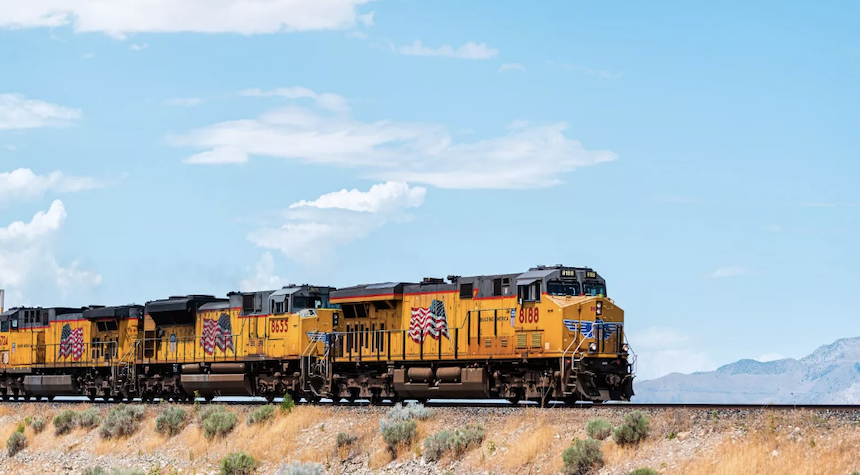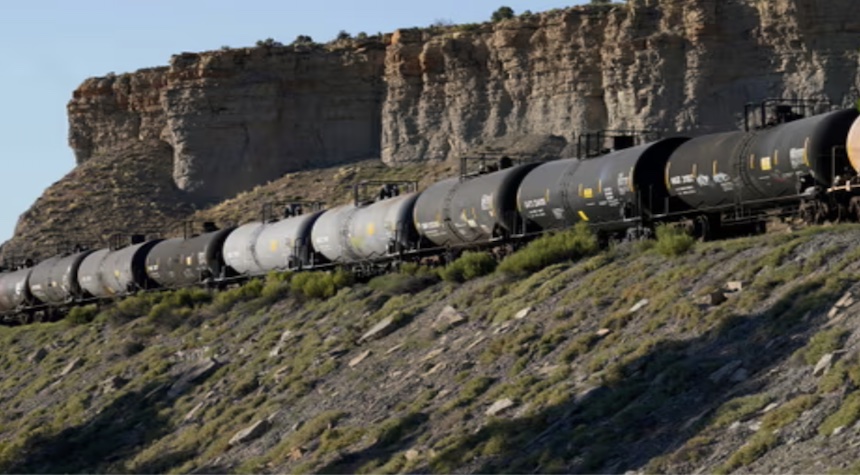The U.S. Supreme Court has ruled in favor of a Utah railway project aimed at transporting crude oil. A challenge to the project’s federal approval by environmental groups and a Colorado county has been overruled to further the venture.
The 8-0 ruling reverses a lower court’s decision that had previously halted the railway project, questioning the adequacy of an environmental impact statement approved by the federal agency known as the Surface Transportation Board. The court contended that the scope of the environmental study was too narrow.
A coalition made up of seven Utah counties, alongside an infrastructure investment group, plans to construct an 88-mile railway line in northeastern Utah. This railway seeks to connect the scarcely populated Uinta Basin region to an existing freight rail network, primarily for the transport of waxy crude oil.

The case scrutinized the extent of environmental impact studies that federal agencies must conduct under U.S. law. Specifically, the National Environmental Policy Act, enacted in 1970, mandates that agencies study the “reasonably foreseeable” effects of a sizable project.
This case, argued on Dec. 10, has been under close observation by both corporations and environmental groups. The verdict could influence a wider range of infrastructure and energy projects. Companies and business trade groups maintain that overly broad environmental reviews could prolong regulatory timelines, thereby jeopardizing project feasibility and future infrastructure development.
The Surface Transportation Board, which exercises regulatory authority over new railway lines, gave the green light to the railway proposal in 2021. Yet, the Center for Biological Diversity and other environmental factions, including Colorado’s Eagle County, filed a lawsuit regarding the approval. The County reasoned that the project would amplify train traffic in its region, causing double the traffic on an existing rail line along the Colorado River.

In 2023, the U.S. Court of Appeals for the District of Columbia Circuit sided with the challengers, finding that the environmental review did not sufficiently analyze the effects of increased oil production in the basin and downstream regions where the oil would be refined.
Reports indicate that the Biden administration and the state of Utah backed the railway coalition in the case, while fifteen other states supported the challengers. Colorado echoed concerns about potential risks of leaks, spills, or rail car accidents near the Colorado River’s headwaters, upon which its economy heavily relies.
To conclude, after the recusal of conservative Justice Neil Gorsuch from the case due to a potential conflict of interest. His past legal client, businessman Philip Anschutz, has a financial stake in the case’s outcome.


